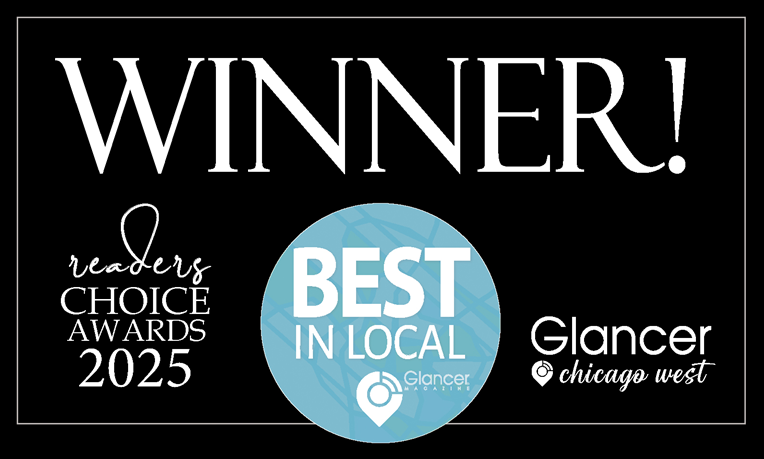Your experience at Career Vision will position you to make the best, most informed career choices possible. We are not an automated or impersonal system. Our professional staff and educational model will pinpoint your talents. We provide personalized high school and college career planning, workplace launch and early career positioning, and mid-career through retirement career management services for adults. Discover your strengths, develop your natural talents, and find direction that can be relied on for years to come.
“The best way to predict your future is to create it.” — Abraham Lincoln
CHECK OUT our WGN Radio Interview & the career resources on our new WGN Chicago Radio site!
Parents

Parents are the #1 influence on their children, but most don’t have the experience to confidently guide career development.
Students
 It often feels like there are more questions than answers when exploring career options. Check out how our high school career counseling and college career planning services can help.
It often feels like there are more questions than answers when exploring career options. Check out how our high school career counseling and college career planning services can help.
Career Management
Don’t turn your back on opportunities to manage your career. Learn how to navigate career choices with confidence.




